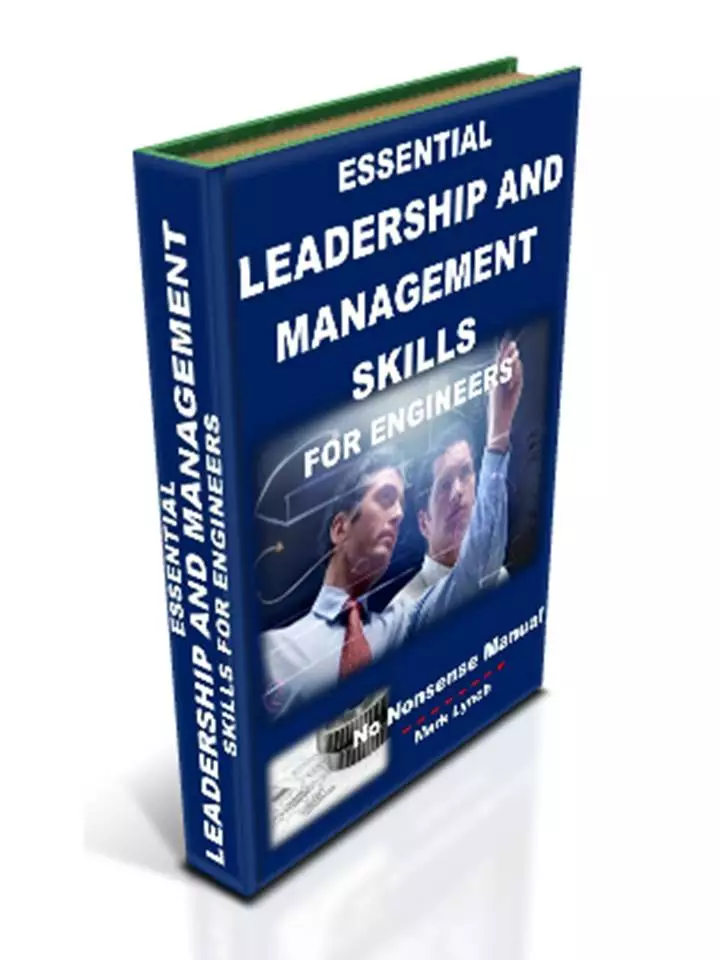'Hands-on Help for SMEs' and Smart Technical People'
MSc or MBA: Choosing the More Appropriate Qualification for You
Career Management for Engineers
MSc or MBA: Which one?
MSc (Masters of Science) v MBA (Master of Business Administration) - Choosing the More Appropriate Qualification for You
Many engineers working in industry choose to undertake a post graduate qualification, with the aim of career advancement. Many will have already obtained an undergraduate degree in an engineering discipline and now see the next big step as progression into more senior roles.
This section examines and compares the MSc and the MBA – the commonest two postgraduate qualifications engineers typically undertaken to assist career advancement. The review considers what both offer for individuals aspiring to senior roles. The type of MSc referred to below is a postgraduate degree with engineering, technical or scientific content, which may also include some aspect of management.
MSc or MBA: Which one?
MSc and MBA Considerations
- An MSc is best suited for those who wish to retain an essentially technical role in a more senior position. The MSc may contain management elements, therefore enabling the engineer to better understand commercial, project or business aspects of a more senior position they may be aiming for. Often specialised technical roles appeal to many engineers. Examples include Engineering Manager, Technical Manager or Principle Engineer. MScs also appeal to engineers who wish to gain more in-depth knowledge within a specialist field of engineering or science.
- An MBA offers engineers the opportunity to progress into broader roles where commercial leadership and general business acumen are central. The individual’s technical underpinning (derived from past experiences and their undergraduate degree), keeps them aware of technical issues. As such, they tend to aspire to positions in senior management and directorships where sound business knowledge is fundamental. Examples include Engineering Director, Operations Director or Chief Technical Officer.
- Those with MScs often make career progression moves within their own industry, where as those holding MBAs are possibly more adaptable at switching to other industry sectors.
- Many engineering employers would rather recruit someone with a good undergraduate degree, chartered status and sound industrial experience, rather than someone who has the first two qualities, but has an MBA at the expense of experience.
- For a number of prospective employers, the reputation of the university, academic institution or business school where the MBA came from is important. Organisations like the Association of MBAs accredit MBAs depending on whether the content meets certain standards. Other business and management accreditation bodies include EQUIS and AACSB. The choice of MBA should be based on rigorous research. Try MBA fairs, as well as online research, to get face to face opinions about different courses. Consider Executive MBAs (studied whilst you work), as well as international MBAs in your research. MBA content does vary, so ultimately, select the MBA that best helps you achieve your career goals.
- Some MBA business schools insist on applicants sitting an entry assessment of a range of skills, prior to admission - GMAT (General Management Admission Test). Coaching and workshops exist to assist applicants, as does support to successfully navigate the MBA admission process.
- Those who hold an MSc demonstrate a willingness to continue updating their skills, as well as specialist knowledge in a given topic, over and above those who only possess an undergraduate degree.
- For recent graduates, whilst an MSc is regarded as desirable, industrial experience is often what potential employees really value.
- An MBA compliments and balances an undergraduate degree, especially if the first degree is in a particularly acute specialism. The MBA provides more career options and demonstrates broader non-technical knowledge, commercial awareness and adaptability, as well as a solid grounding in a range of business operations.
- MBA holders benefit significantly from alumni networks which are national and often global. Whilst undertaking the MBA, many business schools offer first class coaching, mentoring and fundraising.
- Many engineers consider undertaking MSc and MBA courses when they have sound industrial experience under their belt. They feel they can contribute more, draw more on experiences and examples, and generally get more out of studying, having spent time in the workplace.
- MBAs can be very useful for those considering starting their own business. The qualification often immerses the individual in the entrepreneurial mindset, working on new ideas and concepts with classmates thinking in a similar way.
- Similarly, the specialist knowledge provided by an MSc is an excellent platform from which to undertake consultancy or contract work.
- Both qualifications can be costly. However the MBA is comparatively more expensive. MBAs from the best business schools are very expensive. However they are commonly seen as an investment in your future. What’s more, the opportunities, contacts and salaries that frequently result from the course, often make the investment worthwhile.
- Tying the advantages of an MSc or MBA specifically to a business objective or project, is a good means of justification and hopefully getting company assistance with some or all of the finance. A strong advocate, sponsor or supportive senior manager will also help you justify business backing.
- Undertaking an MBA is a useful means of obtaining the crucial management, leadership and business skills small manufacturers need to become more competitive and grow.
- Both MScs and MBAs can be studied flexibly to suit your lifestyle and commitments. As well as full time study, part time, online and distance learning programmes are available. These options are widely available from numerous academic providers
- That said, many taught MBAs are said to provide the greatest benefit through face to face communication, sharing of learning experiences and crucially, networking and contacts.
- MBAs are available that include specialist technical modules.
- Engineering subjects are said to be the most common first degree subjects studied for those who undertake MBAs.
- Both qualifications can potentially lead to increased salaries. A common progression route is one where individuals use the qualifications to advance to more senior roles where naturally salaries are higher.
Engineering skills and a top MBA could be your way into business leadership: Courtesy of Sainsbury Management Fellows
Next... Engineering Careers - Academic and Vocational Routes
Back to Your Career Management
Based on your experience, what’s the Single Best Piece of Advice you’ve heard for a Great Engineering Career?
Have you had an inspirational coach, mentor or manager? Knowing what you know now, what’s the single most effective piece of advice you’d give to a young engineer coming through now?











